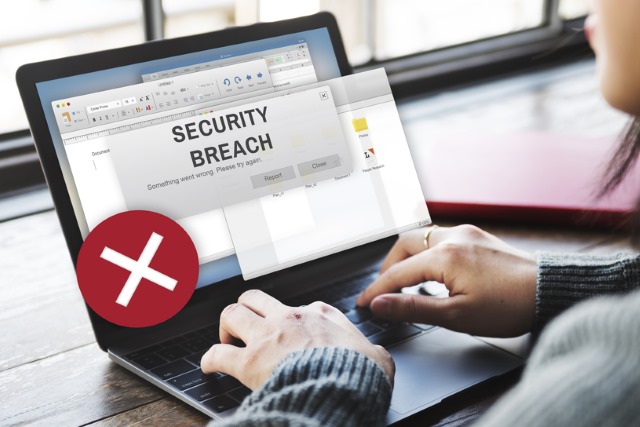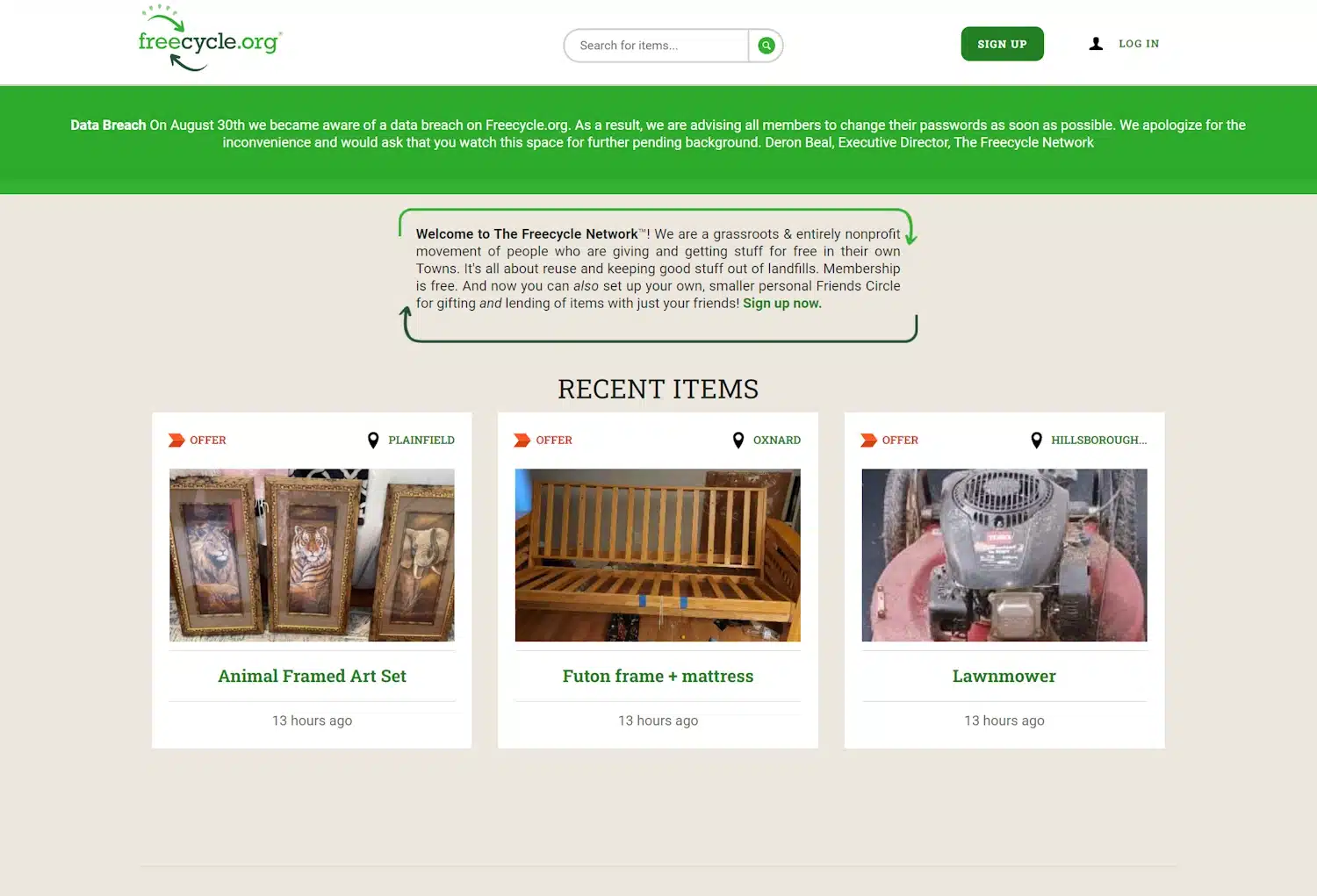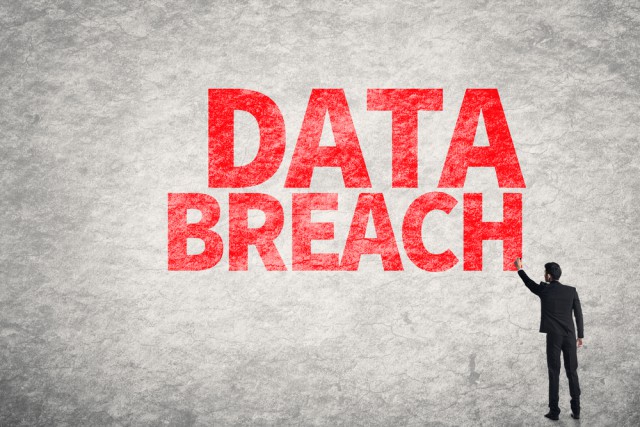
Businesses worry more about reputational damage than financial loss following a breach
Following a cloud breach, the top three worries of businesses are reputational damage and loss of public trust (39 percent); loss of sensitive data (36 percent); and a loss of revenue generating services (35 percent).
A new report from Illumio, based on a survey of 1,600 IT and security decision makers by Vanson Bourne, finds that in the last year, nearly half of all data breaches (47 percent) originated in the cloud, and more than six in 10 respondents believe cloud security is lacking and poses a severe risk to their business operations.

Microsoft data leaks and the importance of open-source intelligence
Interconnected digital technology advances at a rapid pace, and so do the tactics and strategies employed by malicious individuals, criminal groups, and even nation-states. The World Economic Forum predicts global cybercrime will reach $10.5 trillion by 2025, forcing businesses and governments to look for next-generation solutions against emerging digital threats.
Unfortunately, deliberate criminal activity is only part of the challenge in this data-driven era. Costly leaks of sensitive data might happen due to simple human errors -- in September, Microsoft’s data was leaked two times, not only disclosing the company’s plans for the next-gen Xbox but also exposing private employee data. As we already know, at least one of these events happened due to an accidentally misconfigured URL link.

It's time to safeguard the financial sector: Navigate employee turnover to defend against escalating cyberattacks
It’s no secret that cybersecurity has a significant skills shortage. According to ISC2 research, the worldwide shortage is as high as 3.4 million cybersecurity workers. As a result, security professionals’ skills are in very high demand, making finding and retaining talent challenging. Swimlane’s own research shows that 82 percent of organizations report it takes three months or longer to fill a cybersecurity role, with 34 percent reporting it takes seven months or more.
The situation isn’t improving either. Some 70 percent of companies also report that it takes longer to fill a cybersecurity role now than it did two years ago. The challenge has led one-third (33 percent) of organizations to believe they will never have a fully-staffed security team with the proper skills, according to Swimlane’s survey

Millions of Freecycle users need to change their passwords following a huge data breach
Swap-unwanted-stuff-for-free site Freecycle has acknowledged a security breach that took place at the end of last month. Hackers were able to access a wealth of data including usernames, User IDs, email addresses and passwords.
The organization says that it has notified the "appropriate US authorities" of the incident, as well as the Information Commissioner's Offier (ICO) in the UK. Few details of what happened have been revealed, but Freecycle is advising all members to change their account passwords as a security measure.

Over half of data breaches are down to digital certificates
Among organizations that have suffered data breaches, 58 percent were caused by avoidable issues related to digital certificates.
New research conducted by Forrester for AppViewX also shows that as a result of service outages 57 percent say their organizations have incurred costs upwards of $100,000 per outage.

UK Electoral Commission systems breached for over a year
Systems at the Electoral Commission, the body which oversees elections in the UK, have suffered a breach exposing electoral registers which hold the data of anyone registered to vote between 2014 and 2022. The Commission’s email system was also exposed in the breach.
In a statement on its website the Commission says it identified the incident in October last year but that systems were accessed as long ago as August 2021.

Adapting to a changing cybersecurity landscape [Q&A]
The past few years have seen some major changes in the IT world. Accelerated by the pandemic we've seen a significant shift to the cloud and hybrid working models.
But this brings with it additional risks. We spoke to Matt Spitz, head of engineering at Vanta, to discuss the security challenges posed and how enterprises can adapt to cope with them.

Industry reacts to new SEC breach disclosure rules
On Wednesday the US Securities and Exchange Commission (SEC) approved new rules that require publicly traded companies to publicize details of a cyber attack within four days of identifying that it has a 'material' impact on their finances.
This marks a major shift in how data breaches are disclosed and industry figures have been quick to give their views on the effect the new rules will have.

71 percent of organizations may have been breached and not know it
A new survey of over 2,000 IT security analysts finds that 71 percent admit their organization may have been compromised and they don't know about it yet.
The study, from Vectra AI, details how analysts are being overwhelmed, as they receive 4,484 alerts on average per day, but can't cope with 67 percent of them. This leads 97 percent to worry that they'll miss important security events.

Stolen identities remain top cybersecurity threat
Stolen identities continue to cause massive breaches, exposing 1.5 billion user records and costing businesses an average of $9.4 million per breach in 2022, according to a new report.
The ForgeRock 2023 Identity Breach Report shows that attackers continue to target credentials and use them as a stepping stone to infiltrate an organization across industries and geographies. What’s more and AI is making it more difficult for the average human to identify threats.

Breaches decline as security culture improves
The latest Security Maturity Report, published today by ClubCISO, shows 76 percent of CISOs reported no material breaches over the past year, up from 68 percent in 2022.
Despite the difficult economic climate, heightened global tensions and the onset of new technology making cybercrime easier, 60 percent of those surveyed say that no material cyber security incident had occurred in their organization over the past 12 months.

Financial services businesses face critical data security gap
New survey findings from Lookout show that 70 percent of IT leaders in the financial services sector report a significant increase in data breaches compared to previous years.
Nearly half of organizations (47 percent) are struggling with the heightened difficulty of detecting and mitigating threats, while about a fifth (18 percent) face a significant lack of control over their applications and data.

Kodi forum breach exposes user data
A breach of the Kodi user forum has exposed the personal data of over 400,000 users. The web-based MyBB admin console was accessed -- on February 16 and February 21 2023 -- and the team says it first became aware of this when a dump of the forum's database was found for sale on an internet forum.
The database dump contains a wide range of user data, including names, email addresses, IP addresses, and passwords. The data was accessed using the account of a trusted but currently inactive member of the forum admin team.

62 percent of organizations suffer unplanned downtime every month
Over half of organizations say they have suffered a data breach in the past two years, an increase from 49 percent in 2022 and 39 percent in 2021.
In addition, a new report from Splunk shows 62 percent of respondents report that their business-critical applications have suffered from unplanned downtime due to a cybersecurity incident on at least a monthly basis, an increase from 54 percent in 2022.

Breaches, privileged credentials and the SaaS application conundrum [Q&A]
Last year Toyota suffered a data breach due to accidentally exposing a credential allowing access to customer data in a public GitHub repository.
This type of breach could be avoided if organizations turned their focus on credentials that are exposed within SaaS applications. We spoke to Corey O'Connor, director of product at SaaS security platform DoControl, about why he believes identity security needs to go beyond just protecting the keys.
